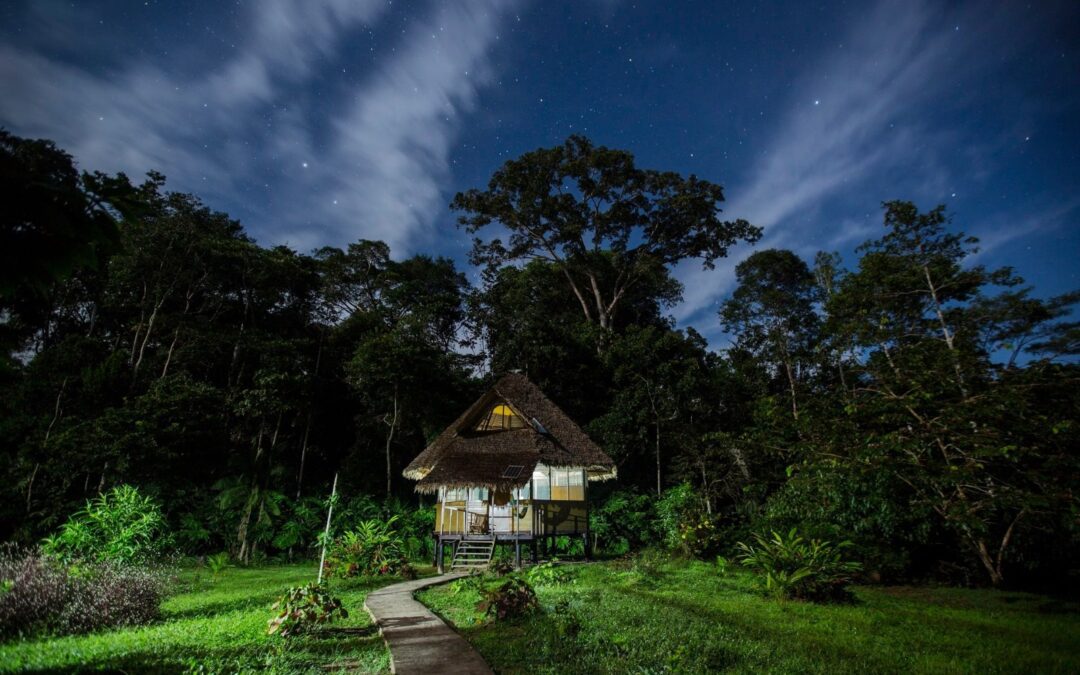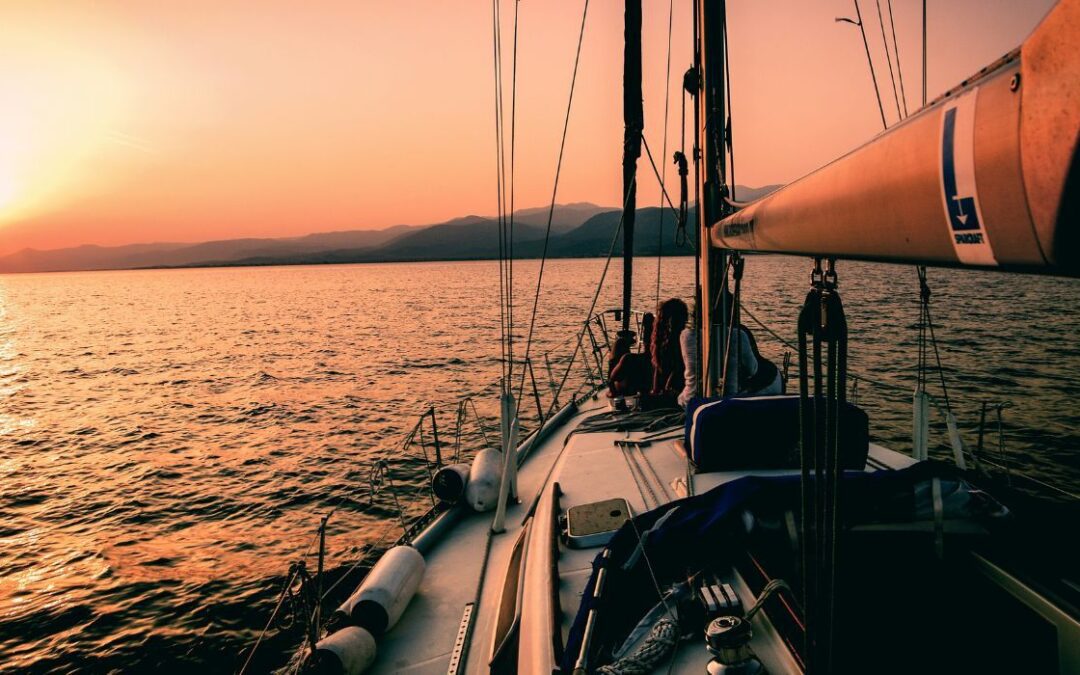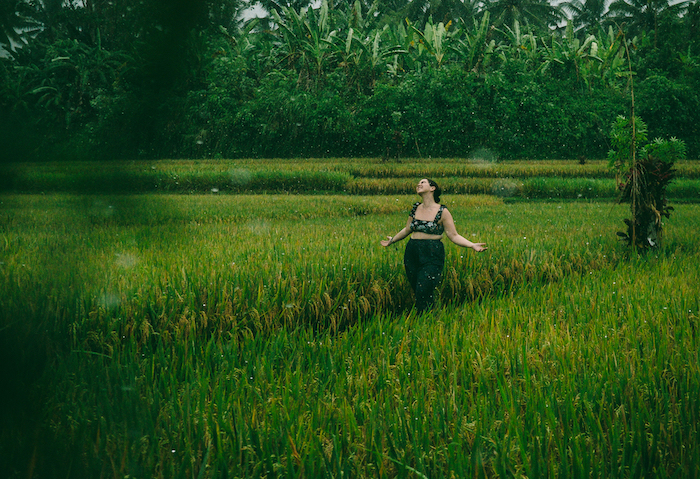By: The Unsettled Team
As we stand in solidarity with our Black community, in words and in deeds, we also continue to listen. Diversity, perspective, and the inner wisdom that every person holds is ingrained in what it means to live Unsettled.
We are going to continue to ensure that we elevate all voices from our community, and right now, in this moment, it’s important that we give a voice to our Black alumni in America.
They share with us how we all can do our part in the fight against racial injustice at home and on our travels. May we all have the strength to listen to these tough truths. Only then can true change begin to manifest.
We are listening.
Itzbeth Menjívar

Name: Itzbeth Menjívar
Current Location: Takoma Park, MD (Washington DC Suburb)
Tell us about your work background
I run two social ventures:
BridgePeople LLC equips leaders and organizations with peace-building tools to advance dialogue on anti-blackness in America. The average workplace does not have adequate conflict resolution tools to provide an adequate “container” to hold difficult conversations, so efforts to talk about race can quickly take a negative turn. I started BridgePeople after an awful experience working as the first woman of color executive at a nonprofit. I noticed that they were not particularly terrible people, they just did not have the tools to engage with someone from a different culture in productive manners or that allowed me to bring all of who I was into my role. That resulted in the organization and the cause losing my talent due to the lack of tools for dialogue, and that broke my heart for me and for the children that I served. My ultimate goal is to help organizations that advance social justice attract and retain diverse talent and improve the way they serve communities by helping them create more inclusive environments.
The Healing Collective Global is a virtual healing platform that elevates the historically silenced voices of Indigenous and Black people in order to share ancestral healing wisdom for our world. Epigenetics studies show that racial trauma is passed down from generation to generation through our DNA. Based on that we affirm that in a similar way, our ancestors who somehow managed to survive and some even thrive in the face of genocide, enslavement, oppression, and ongoing structural violence, also passed down their wisdom of how to repair our relationships and heal ourselves and our world.
What is one way you’d like to share with our community for how we can support racial justice in the US?
There are two meaningful things allies can do to advance racial justice. The first is to learn about the history of systemic racial terror and legal exclusion of Black and Brown people that still plagues us today. These stories are not taught in schools and therefore create false narratives about the root causes of poverty, discrimination, and mass incarceration in the United States. In order to dismantle violent systems of oppression at the structural level, we must first work to dismantle false narratives of white superiority in ourselves. And this is work not solely for our white allies, but for everyone who has been socialized in the United States’ racialized system.
Second, we need allies to engage people in their lives who hold problematic racial views in respectful and non-violent ways. I am dismayed by the number of people who think that calling people “racists” is an effective way to get them to see things differently. It’s important to understand that the majority of us who grew up in the United States have been socialized in a racist society and therefore we all hold conscious or unconscious racial bias. I view proud racists as victims of misinformation, because our systems have gone to significant lengths to criminalize blackness and invent false narratives meant to divide us. A divided people are easier to exploit. After doing our anti-racism homework, we should muster the patience and the compassion to engage others to do theirs. Respectful dialogue based on a foundation of trust is the most effective way to influence someone to see things differently. As a Black immigrant woman, I cannot reclaim my humanity by dehumanizing someone else. That is why I am a strong opponent of approaches that dehumanize any person, regardless of their views. So instead of calling out your uncle for being ‘racist’, I would encourage you to engage them with love and compassion, using non-violent communication, listening to understand where they are coming from, and then working to educate them. This requires time and patience and will not happen overnight, but it is the most meaningful way to create lasting change.
What is one way all travelers can support racial equality when they are traveling?
Demonstrating respect for the local culture goes a long way. Wanting everyone to assimilate to white dominant culture is one of the key reasons for racial conflict. I think in general it is best practice both at home and abroad to treat everyone you encounter with respect, including those who serve you during your stay. I think we often forget that we are dealing with other human beings, and taking a second to properly greet someone, smile, perhaps even ask their name, goes a long way in developing relationships with everyone you encounter. People who serve you are humans too, don’t ever forget that.
Be mindful that one of the most common ways in which Black people tend to be disrespected is that we are often assumed to be “the help” or assumed to not belong in a particular space. While most of us know by now that Black people have all sorts of roles in life, including the role of executives, tourists, business owners, etc., when we are moving fast, we tend to fall back on our unconscious biases, which lead us to make wrong assumptions that then result in microaggressions. Lastly, since anti-blackness is fairly global, if you are traveling with a Black friend, and they say they experienced a racist interaction with someone, never question whether it was really racism. Our life experience equips us as experts in knowing when someone is treating us differently due to our race. Don’t ever question our reality, it’s really hurtful when our own friends don’t believe us.
Unsettled is a global community for those who live and work differently.
Growth | Meaning | Adventure



